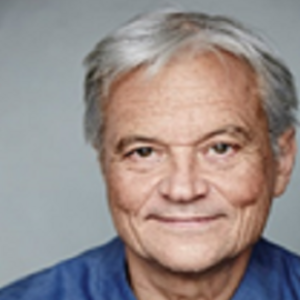Title : Surgical treatment of severe brain injury
Abstract:
One of the largest mistakes of the modern science may be the analyzing of the efficacy of the medical treatment by the rule of the evidence-based medicine in the state around the death. What are the most important bioethical rules in the lifethreatening extreme emergency or hopeless status? It is a very important topic as the scientific world has often forgotten the rule of bioethics which says, "In life threatening illness the scientific rationale for the treatment must be sufficiently strong that a positive result would be widely accepted." (Warren T. Reich, Encyclopedia of Bioethics, page 2276) In these cases, it is a mistake to insist on the method of evidence-based medicine, which is the prospective randomized study. We must not neglect bioethics.
What is the rationale base of the aforementioned rule in the treatment of emergency or hopeless status around the death? The status around the death is such a hundred or thousand? unknown equation that we must not fix only one or two constant criteria in analyzing the results as we probably make a lot of mistakes in our consequence. This is the reason why bioethics uses the “scientific rationale” which could be better in the treatment than applying the results of the prospective randomized study fixing some constant. The history of decompressive craniectomy (DC) in the course of severe brain injury is a very good example. We took some steps backward during the debate of more than 100 years (first described in 1905 by Cushing [1]). The evidence proved by Decompressive Craniectomy in Diffuse Traumatic Brain Injury (DECRA;issued in 2011NEJM) [2], which mixed the analysis of the status of far away from death and the status around the death in its conclusion. Mixing life threatening and curative characteristics, it was obvious that the conclusion of DECRA was false.
The results of Rescue ICP (2016 NEJM) has corrected the fals results of DECRA but we had to wait 6 years. During this period a lot of patients should not have died if the science had not accepted the results of studies around the death automatically. We have not insurrence against the results of possible new study of DC ,which can decrease the effect of last study.We have to give up to perform studies around the death. We have to hear the voice of scientific rationale as bioethics advise to us. Probably we are going to operate many times in vain, but we can avoid the mindless death of the child caused by a reversible curative pathological process called brain edema. We have to know that in emergency care around death, we have to make 10 times unnecessary efforts while it is worth doing the DC. The nine DC causes less damage for the patients than only one fatal death.




